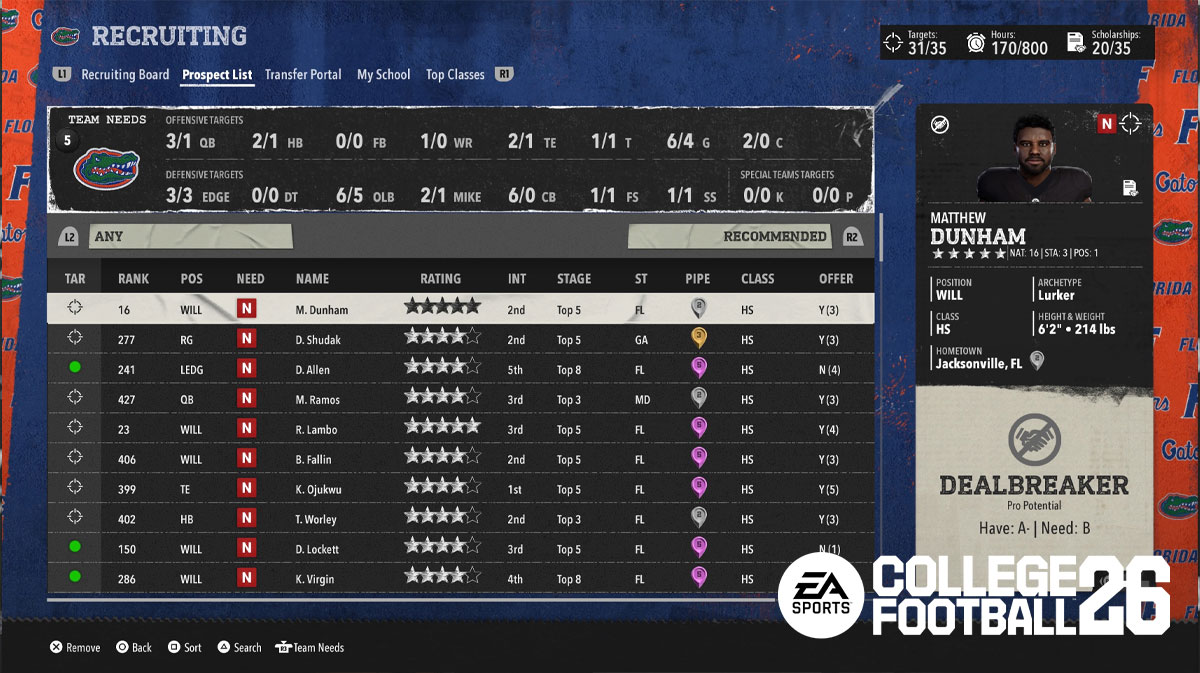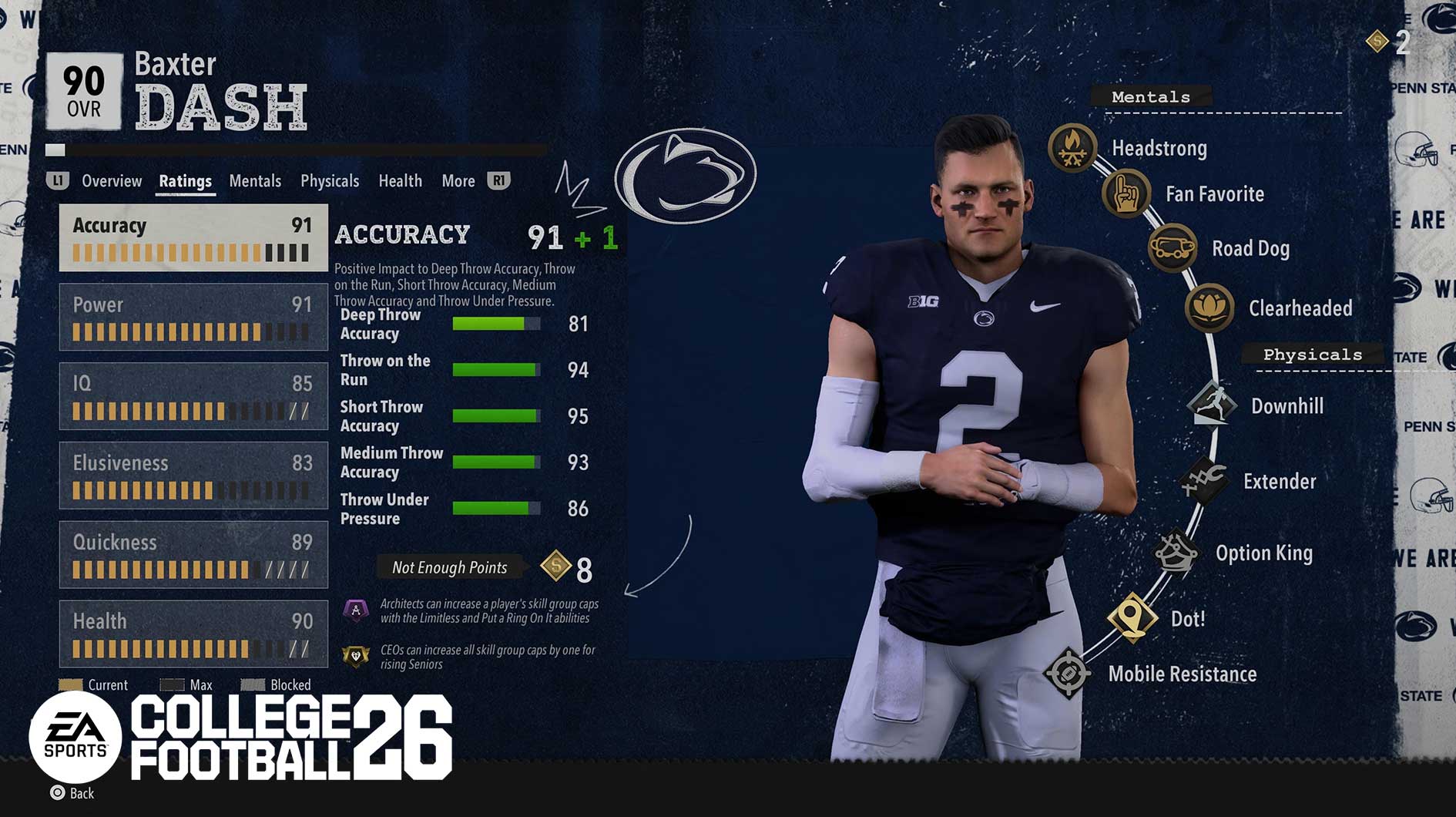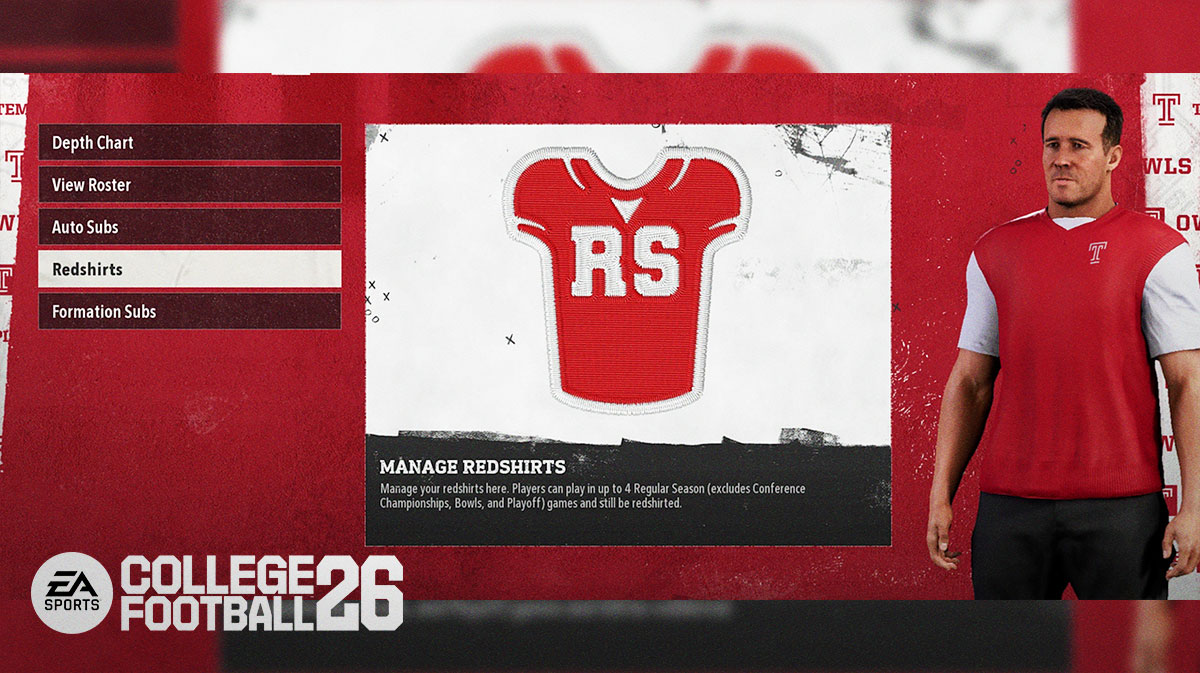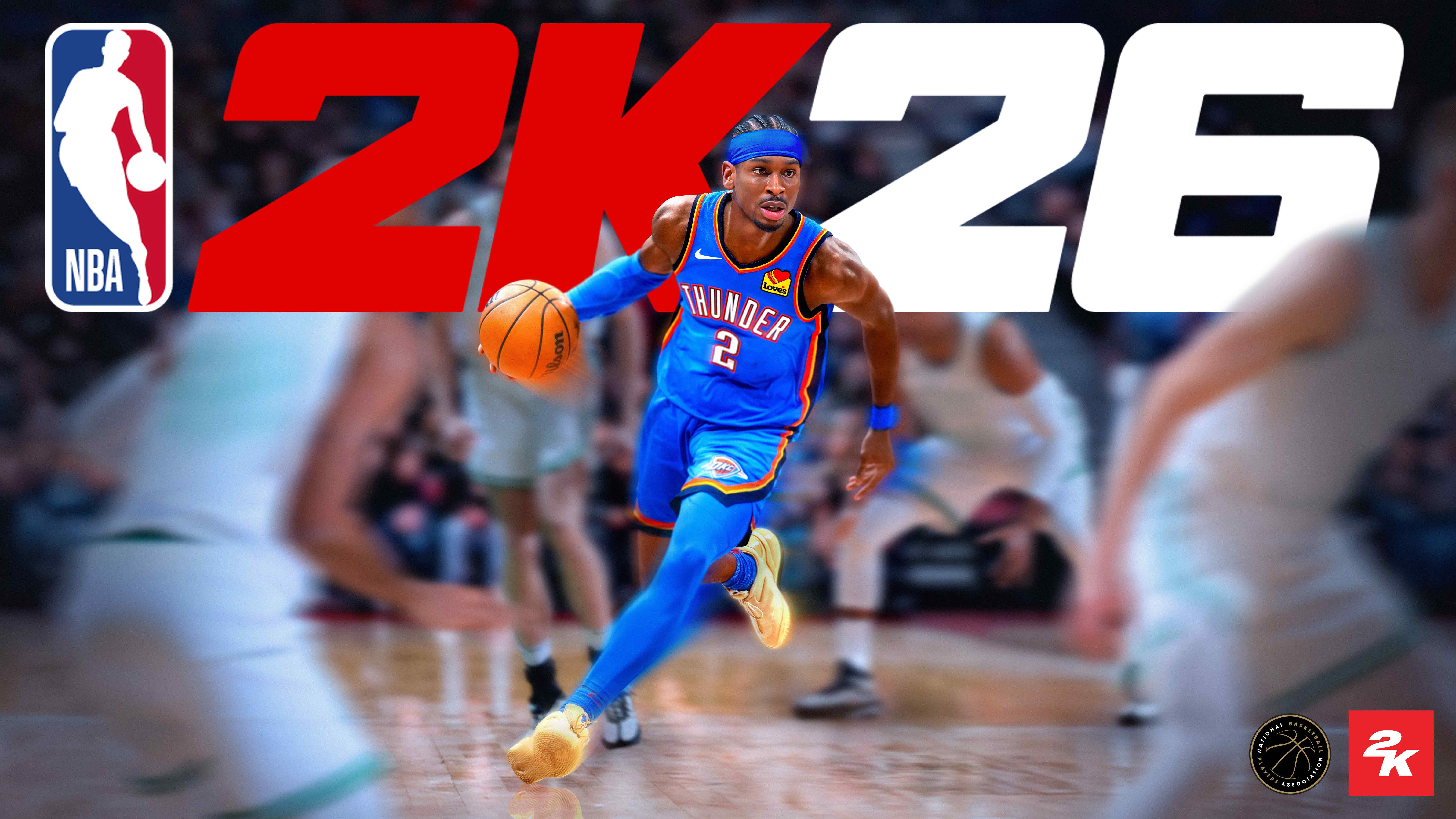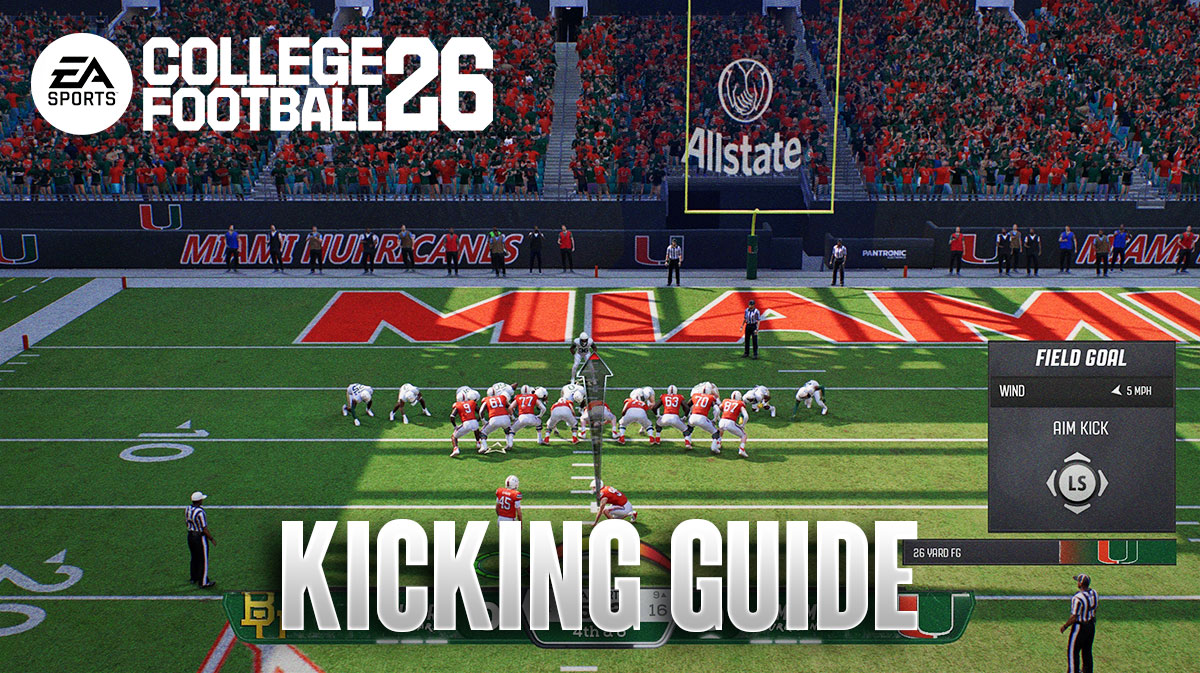Nintendo has been the king of handhelds for years. They have held dominance over the market since the days of the Nintendo DS. Now that Valve's Steam Deck has been announced, it seems like there's finally some real competition in the handheld space. The Steam Deck comes in with some impressive specs, and because it's basically a PC, it can do much more than just play games. We've covered both the Nintendo Switch OLED and the Valve Steam Deck when they were announced. However, it's time to take a look at the two incoming handhelds and compare them to see which one comes out on top.
Nintendo Switch OLED vs. Valve Steam Deck: Quick Specs
Nintendo Switch OLED (Official Page)
- CPU: NVIDIA Custom Tegra processor
- GPU: NVIDIA Custom Tegra processor
- Storage: 64 GB
- Screen Size: 7 inches (diagonal)
- Resolution: 1280 x 720; 720p in handheld mode, 1080p in TV mode
- Refresh rate: 60Hz maximum
- Battery Life: 4.5-9 hours
- Audio: 5.1ch Linear PCM
- Wireless: Wi-Fi (IEEE 802.11 a/b/g/n/ac compliant) / Bluetooth 4.1
- Price: $349.99
Valve Steam Deck (Official Page)
- CPU: AMD Zen 2 4c/8t, 2.4-3.5GHz (up to 448 GFlops FP32)
- GPU: 8 RDNA 2 CUs, 1.0-1.6GHz (up to 1.6 TFlops FP32)
- RAM: 16 GB LPDDR5 on-board RAM (5500 MT/s quad 32-bit channels)
- Storage: 64 GB eMMC (PCIe Gen 2 x1) / 256 GB NVMe SSD (PCIe Gen 3 x4) / 512 GB high-speed NVMe SSD (PCIe Gen 3 x4)
- Screen Size: 7 inches (diagonal)
- Resolution: 1280 x 800
- Refresh Rate: 60Hz
- Battery Life: 2-8 hours
- Audio: Stereo with embedded DSP; Multichannel audio via DisplayPort over USB-C, standard USB-C, or Bluetooth 5.0
- Price: $399 (64GB Storage) / $529 (256GB Storage) / $649 (512GB Storage)
Just looking at the technical specifications of each console, you can see that the Valve Steam Deck far outclasses the Nintendo Switch OLED in terms of raw power. This makes sense as Valve is marketing it as basically a PC with a portable form factor. However, as the Steam Deck hasn't been released yet we cannot compare how it feels to play – will its buttons and touch controls be as responsive as the Switch? Will it eventually also succumb to the infamous joy-con drift? Aspiring owners will have to keep this in mind before their purchase.
Additionally, it isn't just the specs that make the handheld. Just look back at Sony's powerful (for its time) PS Vita, which floundered despite its impressive specs. We all know what really matters when it comes to consoles, whether they're in our hands or in our homes – the games.
Nintendo Switch OLED vs. Valve Steam Deck: Gaming Library
One cannot discount the sheer quantity and quality behind Nintendo's exclusives. It has built its niche of strong, passionate fans behind years and years of unforgettable experiences. From Mario, to Pokémon, to Legend of Zelda, to Animal Crossing, to Fire Emblem, and more, each of these properties is indelible in the gaming landscape. These games are also not available to play anywhere else.
However, Valve's answer to Nintendo's exclusivity is the sheer vastness of the Steam Library – the promise of thousands upon thousands of games across every genre at your fingertips. Additionally, it will not require you to buy games you already own on Steam, and will even support cloud saving between Steam Deck and PC. Of course, this promise comes with some caveats, as multiplayer games like Destiny 2, Apex Legends, PUBG, and Rainbow Six Siege might not even work on SteamOS due to compatibility issues with their anti-cheat software.
Personally though, as a big fan of grand strategy games that never get ported to console, such as Crusader Kings and Total War, the thought of ruling kingdoms and forging alliances on the go and during long flights is kind of already making me forget how I almost bought a Switch on a whim just because I wanted to play Fire Emblem: Three Houses so much.
The Steam Deck, being in essence, a portable PC, will also be able to run any other application you'd expect on a PC. The Microsoft Office suite, for example, or even The Epic Games Store. Additionally, since it uses standard slots and ports, it isn't tied down to proprietary cards or peripherals.
Nintendo Switch OLED vs. Valve Steam Deck: Verdict
The Valve Steam Deck is almost sounding a little too good to be true, to be honest. The promise of having the entire Steam library at your fingertips is kind of insane, but since it isn't out yet, we don't know what kind of compatibility issues it might encounter. I feel like it will get the most mileage out of PC players who are already on the Steam ecosystem and are just looking for a portable experience – especially those who don't own a tablet or a laptop. The Steam deck could fulfill both productivity and gaming needs. Players like these will certainly get the most out of the $50 difference in price between the Switch OLED and the Steam Deck.
However, I do not see it killing the Nintendo Switch at all. Nintendo's player base is far too loyal and passionate to its franchises. A fact that is, in my opinion, very well-deserved. Even other games that try to capture the same magic pale in comparison to Nintendo's first-party offerings. Perhaps the Steam Deck will give Nintendo some pause and cause them to consider further innovations.
I'm of the opinion that more competition is better for everyone – game devs, hardware companies, and of course, the players. Competition leads to more innovation, better games, better products… and I for one, am glad to see it renewed both in the handheld and console space.



